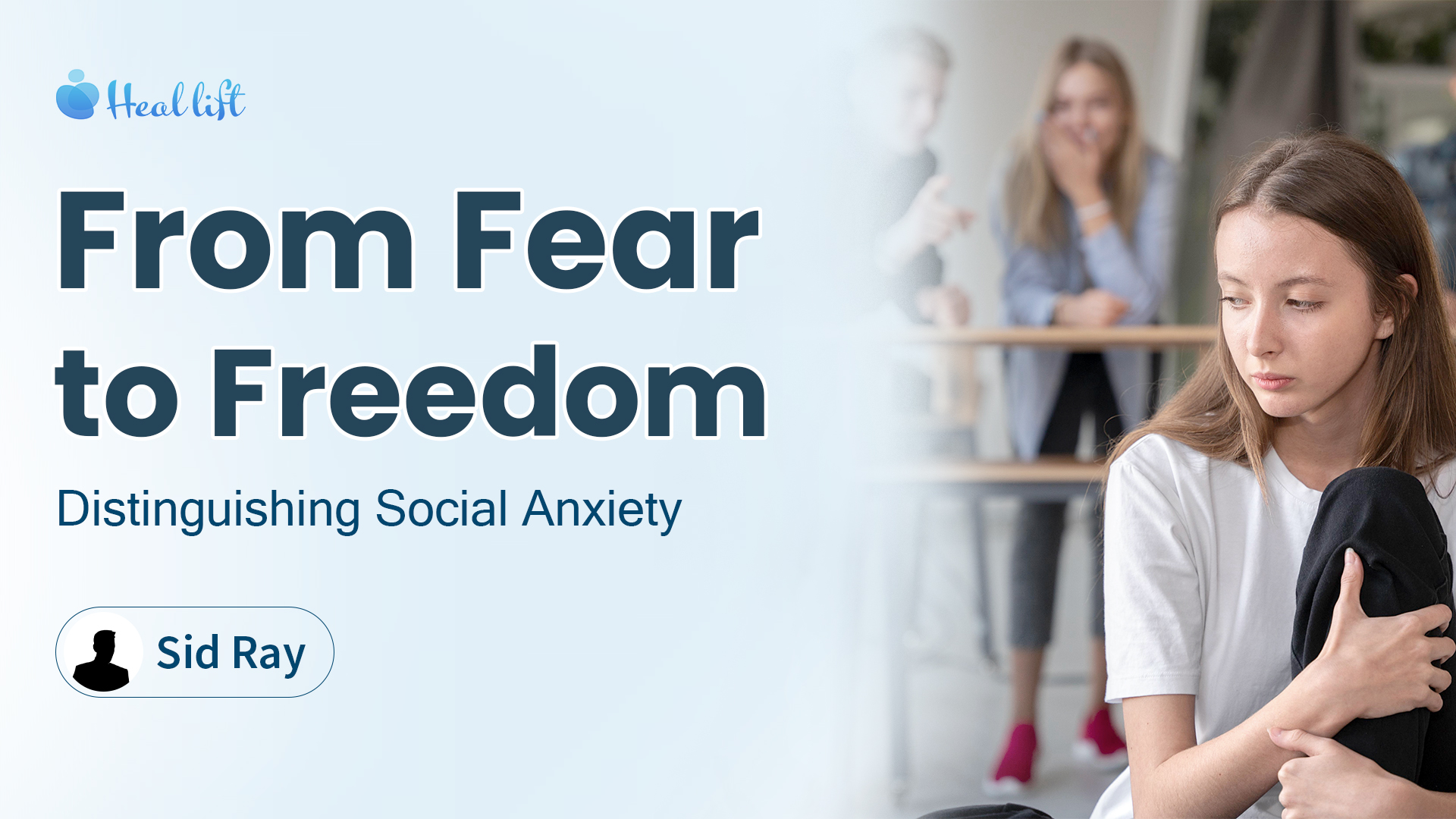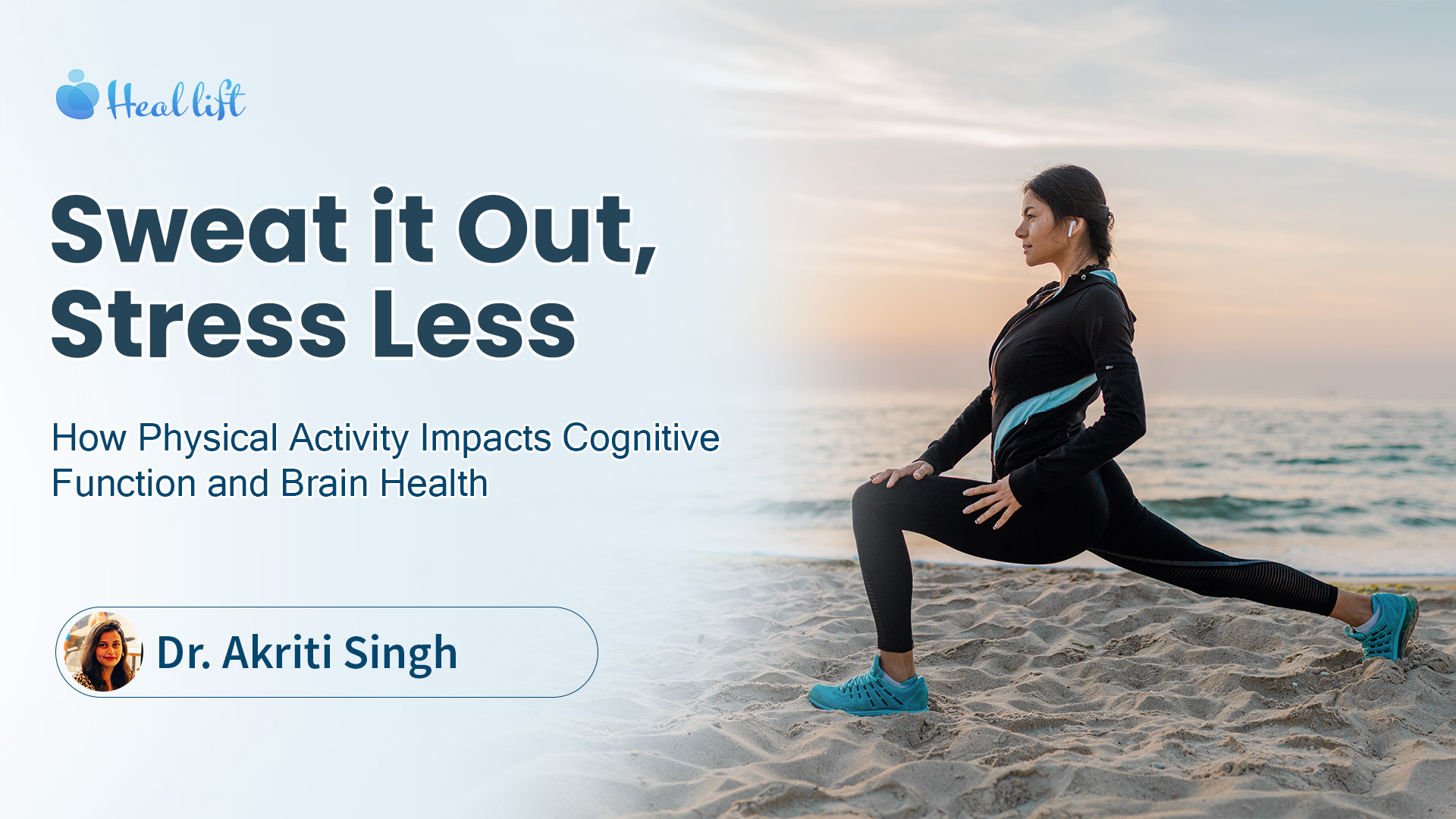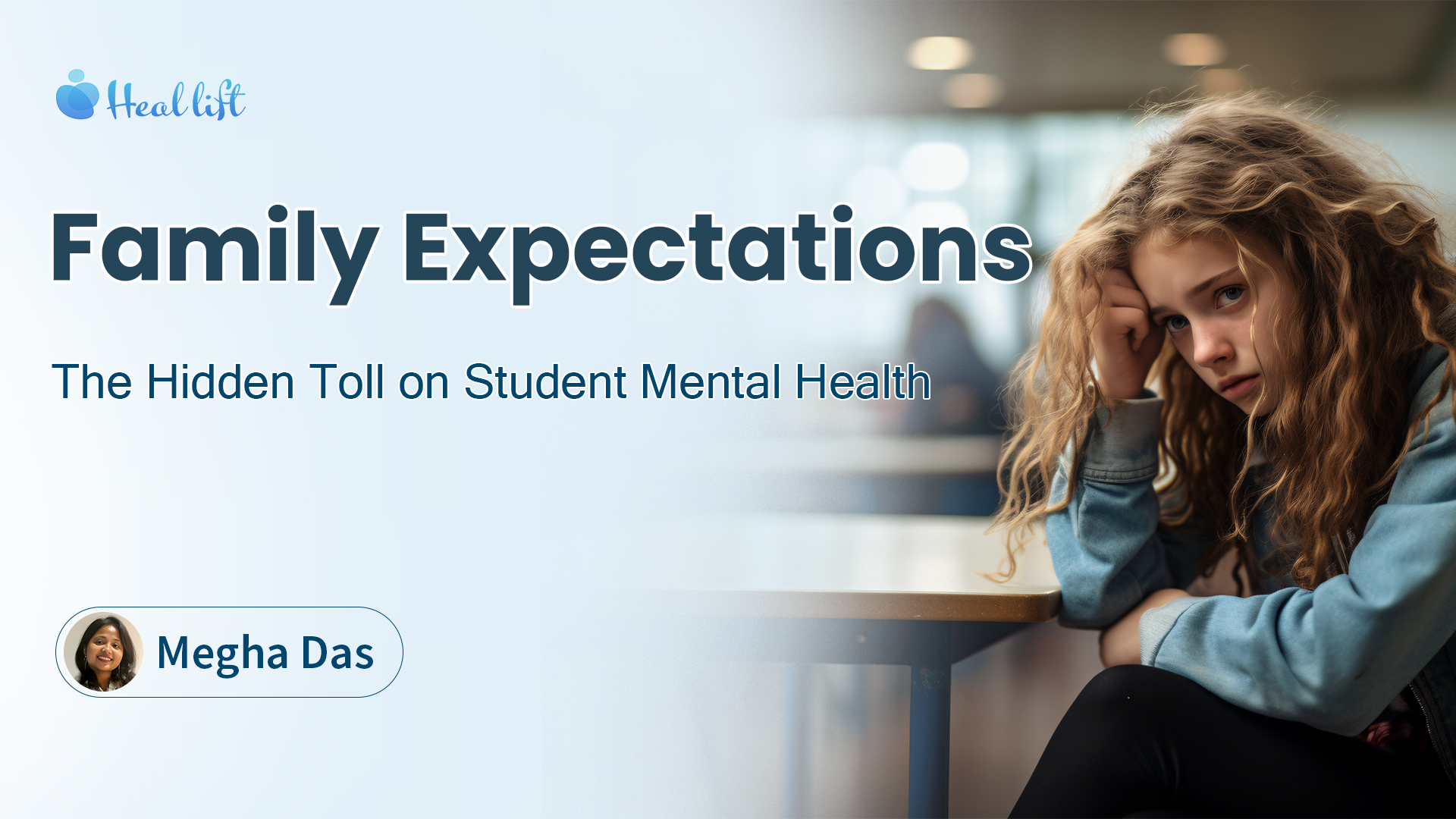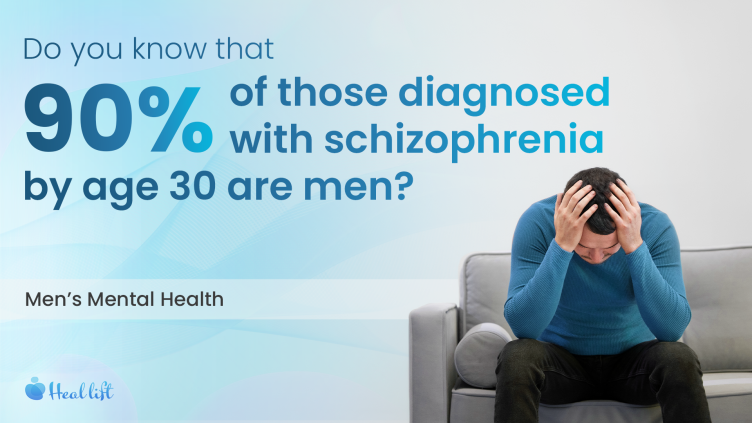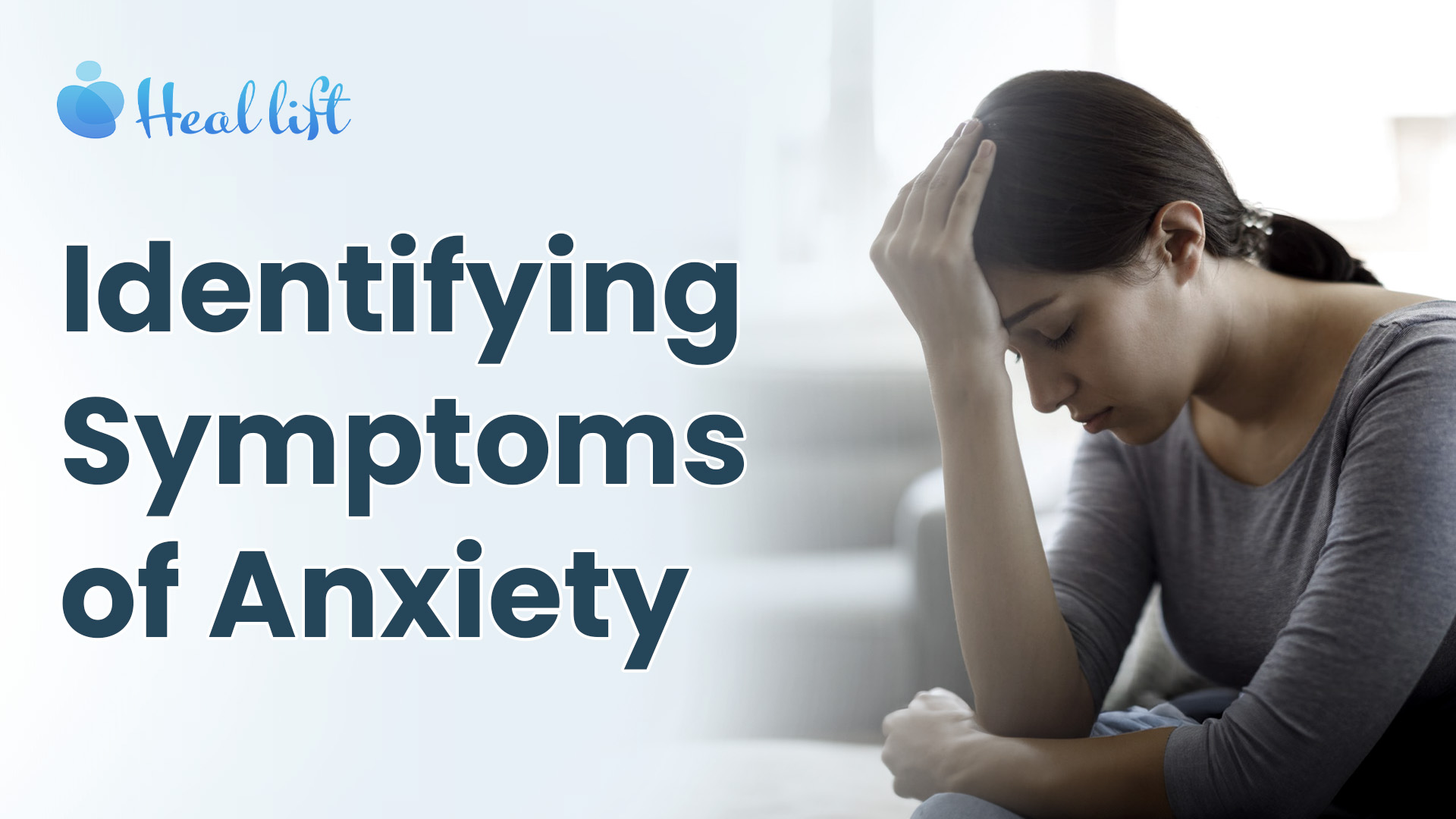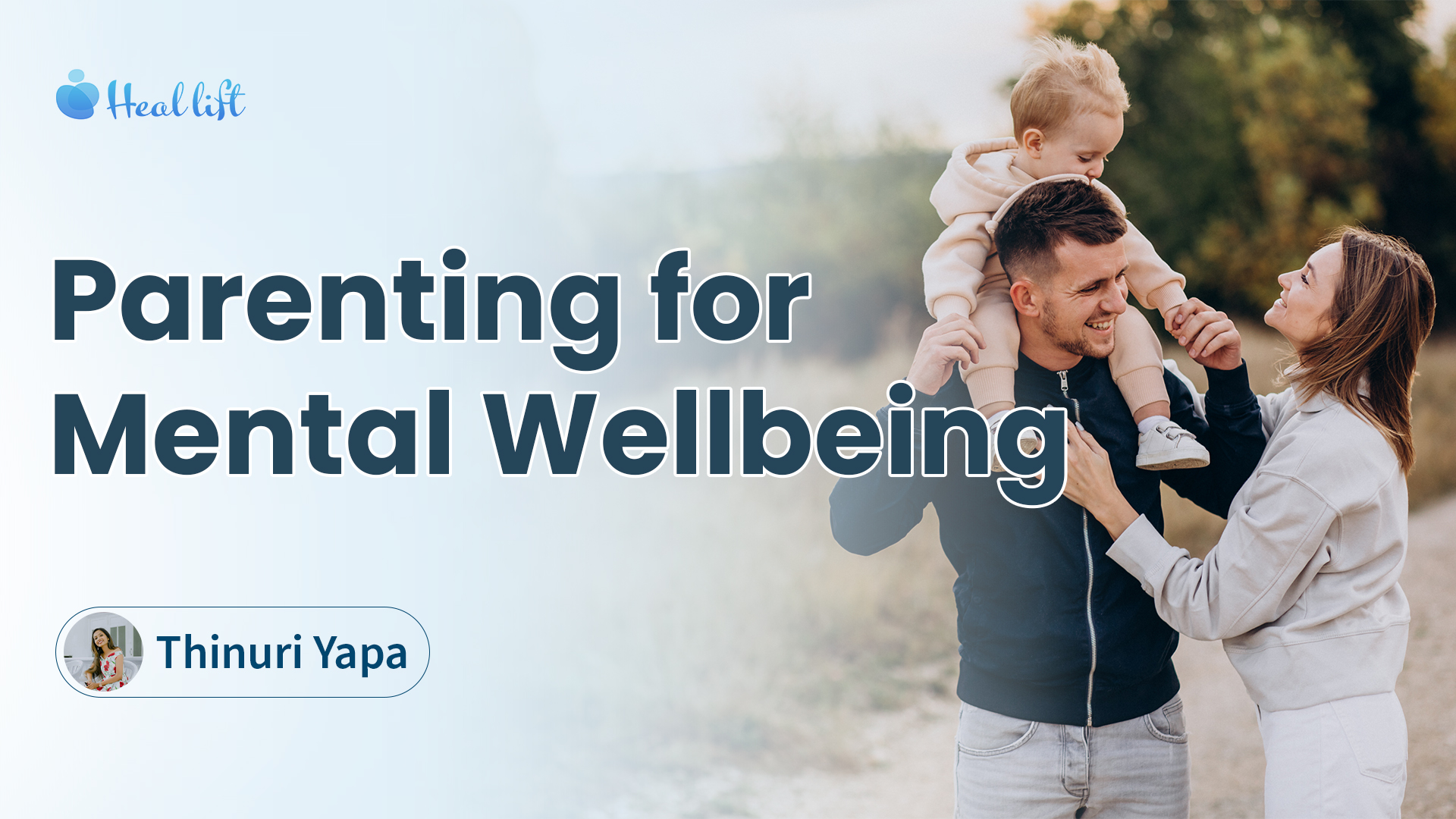Dr. Akriti Singh
-
07 Feb 2024
Sweat it Out, Stress Less : How Physical Activity Impacts Cognitive Function and Brain Health
Introduction
Let’s begin with the scientific fact that we all know: engaging in regular exercise and sustaining good health are among the most effective measures to optimize the body's performance.
Regular exercise is closely intertwined with brain health. Research suggests that ongoing physical activity can "slow down the effects of aging and diseases related to the brain."
Exercise does more than just make your body fit; it boosts your mood, reduces stress, and has many other benefits. So, lace up your sneakers, get moving, and let's find out how sweating it out can help your mind in this interesting blog post!
How Our Cognitive Abilities Changes as We Grow Older
As we grow older, some degree of cognitive decline is natural because of the aging process. Facing challenges with memory and slower thinking is a natural experience. However, the more proactive you are about your health, regardless of your risk factors or situation, the more you invest in your long-term well-being. In essence, maintaining a healthy and active lifestyle can play a crucial role in safeguarding your brain.
Advantages of Physical Activity for the Brain
1. Using exercise as a powerful tool can help counter the impact of stress, and it's essential to reduce stress for a healthy brain. Long-term stress influences hormones such as cortisol, which are produced by the body during stressful situations and can affect how the brain functions.
2. Engaging in exercise like cardio, strength training, and mind-body practices has the potential to enhance mood.
3. Physical activity can enhance cognitive function. Research suggests that young adults who are more physically fit may need less effort—requiring less attention and responding more quickly—to complete cognitive challenges.
4. As you get older, your brain may experience a decline in sharpness due to a reduction in neural connections, slower metabolism, and poorer circulation. Physical activity can help prevent some of these impacts by dealing with other factors that increase the risk of impaired brain function, such as heart disease or type II diabetes.
5. Regular exercise enhances your skill in timing movements and making decisions on when to take action.
6. The intricate network of the vagus nerve establishes a direct and vital communication link between the brain and the gut, facilitating seamless coordination across the entire body. The diversity of healthy bacteria in your gut contributes to your mental well-being, and regular exercise can support and enhance this biodiversity.
Few Tips on Beginning with Physical Activity
Let's discover numerous ways to make exercising for brain health enjoyable, more accessible, and less stressful.
Discover the Joy of Physical Activity
Physical activity involves movement, so discover an enjoyable way to engage your body. Whether it's running laps, dancing, playing sports, or participating in leisure activities like gardening, golfing, or bowling, there are countless ways to stay active.
Gradually Build Your Stamina
If you're already quite active or have a history of regular exercise, beginning may be easier for you. However, if your activity level is not as high as you'd like, that's perfectly fine too. You can always start a new exercise routine, it’s never too late. Start with small steps and gradually progress from there.
Explore Obstacles to Establishing Habits
Developing any habit requires time and thoughtful planning. Increase your likelihood of success by approaching exercise with a positive mindset. Keep in mind that each day is a new opportunity, and you can always make changes or adjustments as you go without giving up entirely.
Aligning Exercise with Your Daily Routine
Consider your exercise goals and your current physical activity level when integrating exercise naturally into your routine. Afterward, set goals that align with the momentum gained from each small step. When setting goals, the smart goal-setting method provides a clear framework to envision where you want your exercise routine to lead.
Patience Pays Off: Results Require Time
How much time does it take to notice the positive changes from exercising? While you may experience immediate improvements in mood and energy after a workout, lasting results require more time. It's advisable to give it at least 4-6 months to evaluate the progress of your brain.
Wrap Up
Physical activity is a powerful tool to boost cognitive function, guard against cognitive decline, and support overall brain health. The scientific evidence behind this relationship is solid, and people of all ages can enjoy these advantages.
By comprehending the underlying mechanisms and including diverse forms of exercise in your routine, you can enhance your mental sharpness and experience a better quality of life as you grow older. Don't wait! To get the most out of your cognitive potential, begin exercising today.

